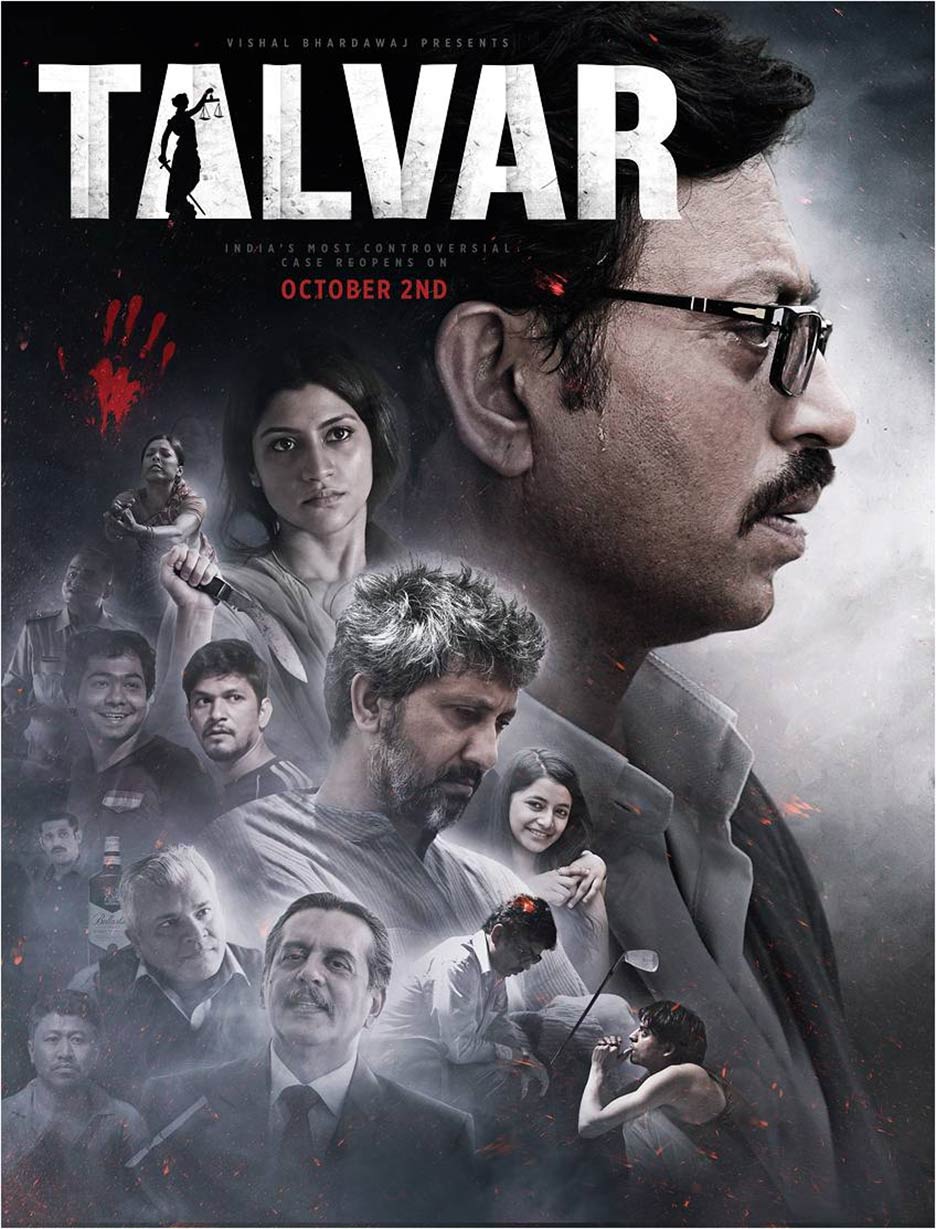It’s impossible to cover Indian cinema without at least a few feel-good Bollywood films. This one, directed by Tanuja Chandra—who has had a fairly long career for a woman directing in India (since 1998), though she has family connections to the business—is a likeable romcom with two big name leads. Irrfan Khan, who sadly died recently, is probably the best-known in the West.
I enjoy a good romcom, but they do tend to lean heavily on the personal charm of their leads. Luckily both Irrfan Khan and Parvathy Thiruvothu have that, although Irrfan’s character of Yogi, a wealthy layabout who writes self-published poetry does initially come across as less quirky than creepy in his insistence. Then again, romcoms do often normalise pathological behaviour, and his is comparatively tame by the genre’s standards. Needless to say, some feeling develops between the two as they criss-cross India (mostly in the north I believe, though I’m hardly a geographic expert). The director encourages her heroine to break the fourth wall by addressing the camera directly in what is now I suppose a time-honoured tradition, but it all comes off rather nicely and this is a very likeable film.
CREDITS
Director Tanuja Chandra तनुजा चंद्रा; Writers Chandra, Gazal Dhaliwal ਗਜ਼ਲ ਧਾਲੀਵਾਲ and Ramashrit Joshi; Cinematographer Eeshit Narain; Starring Irrfan Khan इरफ़ान ख़ान, Parvathy Thiruvothu പാർവ്വതി ടി.കെ.; Length 125 minutes. Seen at Cineworld Ilford, London, Friday 17 November 2017. 









